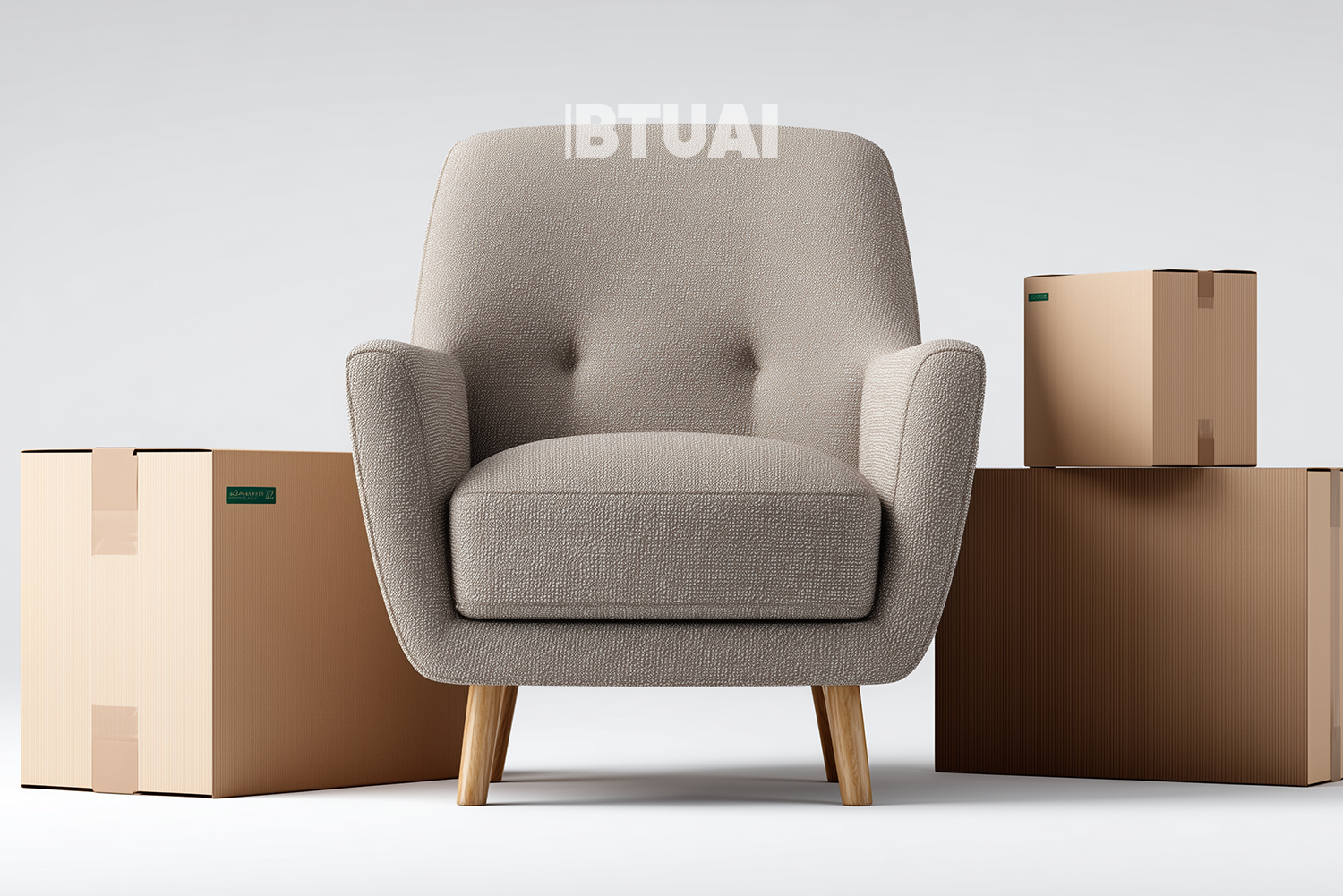Why Are Furniture and Appliance Sales Declining in Georgia While Service Spending Surges?
In May 2025, spending on furniture and household appliances in Georgia showed a clear decline, even as other categories

In May 2025, spending on furniture and household appliances in Georgia showed a clear decline, even as other categories saw strong growth. According to TBC Capital’s Consumer Spending Tracker, card payments dropped by 13% for furniture and by 8% for household appliances compared to the same period last year. These declines are particularly notable against the backdrop of rising spending in areas like restaurants, entertainment, and pharmaceuticals, each of which recorded double-digit growth.
One of the clearest explanations for this drop lies in what might be called a post-pandemic saturation. Between 2020 and 2022, many Georgian households invested heavily in home upgrades. With people spending more time at home and shifting travel budgets toward domestic improvements, demand for sofas, washing machines, and kitchen sets surged. Galt & Taggart’s 2022 report on the home improvement sector highlighted that imports of furniture alone reached nearly $140 million in 2021. Now, several years later, the market appears to be cooling. Households that made large purchases during the pandemic may simply have no need to replace those items yet.
Economic conditions also play a role. While headline inflation stood at 4% in May, imported durable goods have faced steeper price pressures due to exchange rate fluctuations and global supply chain costs. Income growth has not been evenly distributed either. Although real wages increased by 12% in 2024, that growth was mostly concentrated in Tbilisi and a few other urban centers. For many families, especially outside the capital, large-ticket items like refrigerators or wardrobes are not a current priority. This aligns with the 11% year-over-year growth in consumer lending reported by the National Bank of Georgia in the first quarter of 2025. More households are taking loans, but they are more likely to be used for short-term needs or services rather than major purchases.
At the same time, Georgian consumer behavior is shifting in a more fundamental way. Spending on services—restaurants, travel, healthcare, and entertainment—is rising far faster than spending on physical goods. Dining out is no longer just for special occasions in Tbilisi; for many middle-class families, it’s become part of their weekly routine. The same is true for leisure and wellness activities. This move toward experience-driven consumption mirrors global post-COVID patterns, but in Georgia, it is particularly striking given the speed at which it is occurring.
Another contributing factor is the slowdown in real estate activity. According to Galt & Taggart, apartment purchases in Georgia decreased in 2024 compared to the previous year. Since new housing often drives demand for furniture and appliances, the decline in home sales likely dragged down related consumer purchases as well. Fewer newly moved-in families means fewer new dining tables and air conditioners.
Curiously, while domestic spending fell, furniture imports actually rose by 11.6% in 2024, reaching $172.2 million. This paradox suggests that imports are either accumulating in inventory or being sold through channels not fully captured by local transaction data—possibly online platforms offering cheaper options. It may also indicate a mismatch between supply and real-time demand, as retailers adjust to changing consumer preferences.
Taken together, these dynamics paint a picture of a market in transition. Georgian consumers are no longer focused on furnishing homes they upgraded years ago. Instead, their attention is shifting toward services that offer immediate value—convenience, comfort, and quality of life. This doesn’t necessarily mean the furniture and appliance sector is in decline permanently. If inflation moderates, incomes continue to rise outside the capital, and real estate activity picks up again, we may well see a rebound in 2026. For now, though, the slowdown reflects not weakness, but reprioritization. The Georgian household, like many others globally, is choosing to live better, not buy more.




